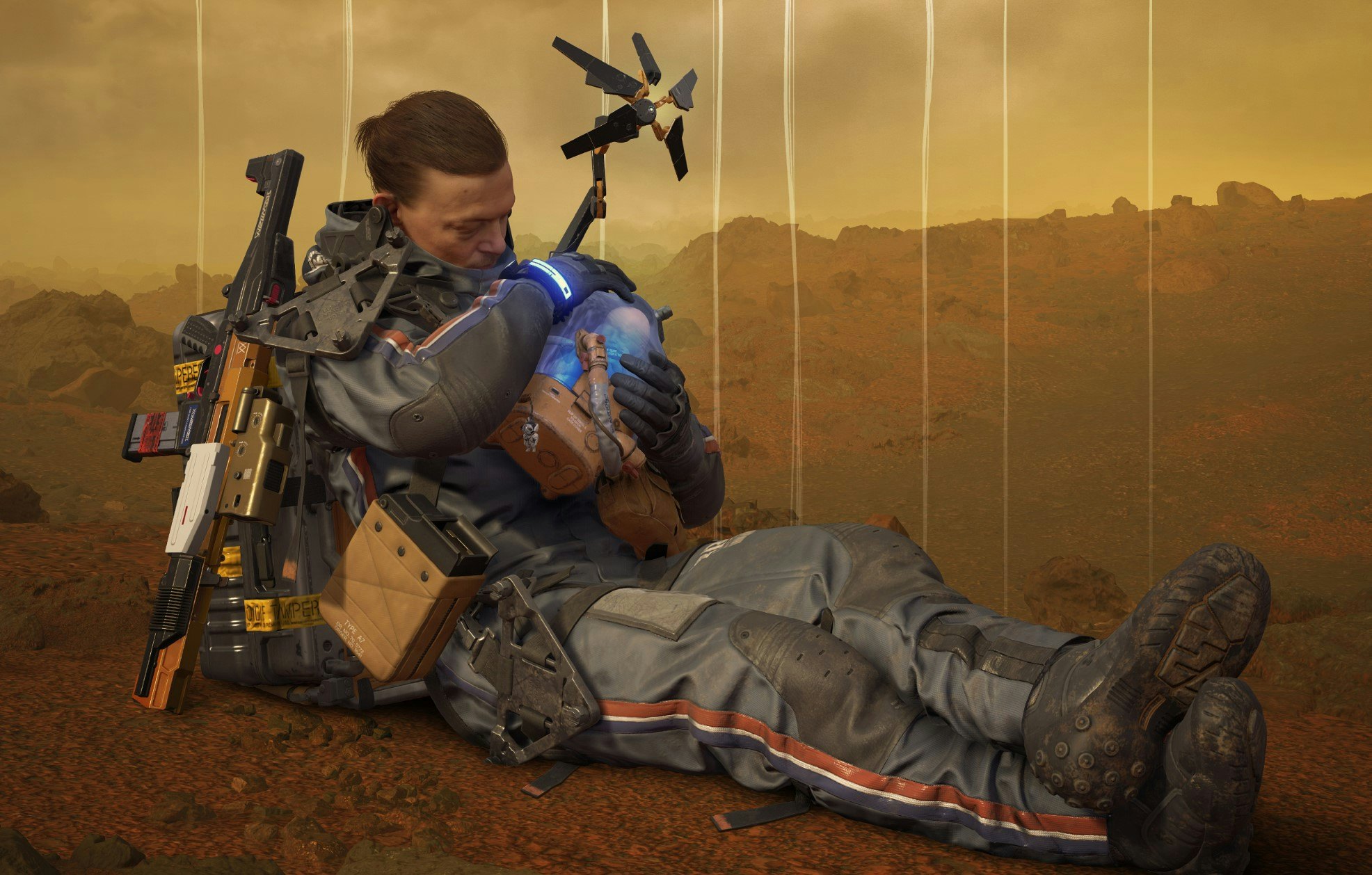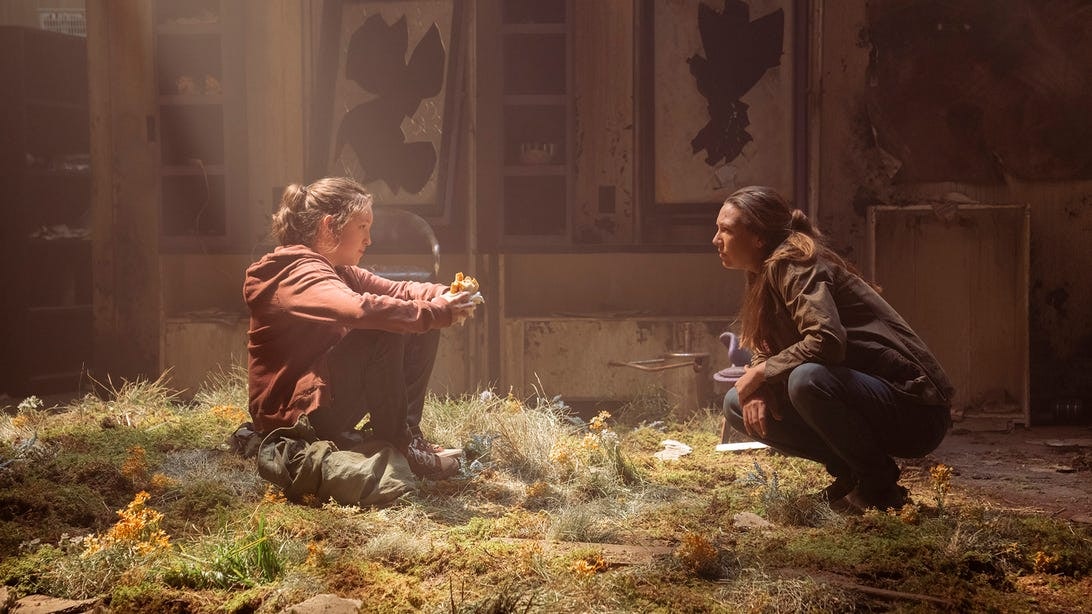
There are some great movies about walking. The Lord of the Rings, Walk Don’t Run, The Road, Wild — a lot of people going on some great walks. The latest entry into the esteemed genre of films will be none other than a Death Stranding movie coming from Hideo Kojima and A24.
While it makes sense for one of gaming’s most overtly film-obsessed auteurs to join the movie business, Death Stranding itself is a game that feels impossible to translate to film without losing the core of what makes the 2019 title so special in the first place.
That isn’t to say video game adaptations can’t work. There are plenty of great game adaptations, just look at HBO’s The Last of Us. But what makes The Last of Us so perfect for adaptation to screen is that the game’s best aspects lie in its use of the visual and narrative style of prestige film and TV. There wasn’t much of a jump to make when putting the game’s story on screen. Translating games that are more rooted in the interactive nature of the medium, however, makes for a more difficult challenge.
“The film promises to delve into the mysteries surrounding the apocalyptic event called the ‘Death Stranding,’” reads an official press release about the Death Stranding film, “which blurred the lines between life and death, and brought forth nightmarish creatures into a world on the brink of collapse.” Furthermore, Kojima posted on Twitter that “what we are creating is not just a direct translation of the game. The intention is that our audience will not only be fans of the games, but our film will be for anyone who loves cinema. We are creating a Death Stranding universe that has never been seen before, achievable only through the medium of film, it will be born.”
Kojima has always been a film obsessive, just look at his Twitter. At the 2023 Tribeca Festival, the documentary Hideo Kojima: Connecting Worlds painted a picture of the auteur as someone who always wanted to make a movie. And Kojima’s body of work has always woven references to film into every game. A24 is also the perfect company to finally give Kojima the chance to make a movie (though we don’t know who is directing the project).
Yet, Death Stranding is a particularly challenging game to adapt to film because, as film-obsessed as Kojima is, he also has an expert understanding of how to use the medium of video games to tell unique stories that other formats can’t. Nowhere is that clearer than in the first game from his independent studio, Kojima Productions.
Death Stranding is a game about walking. It’s essentially 90 percent of what you do. Protagonist Sam Porter Bridges, played by Norman Reedus, is a courier tasked with crisscrossing a post-apocalyptic United States to deliver packages and reconnect the country. Where other games take the basic concept of traversal for granted — making it as simple as pushing forward on a joystick and moving forward — Death Stranding turns the complex task of carrying items and walking over tough terrain into its central gameplay loop. The friction that comes in trying to control the very simple steps of Bridges is essential to what makes Death Stranding work.

Furthermore, Death Stranding leverages games’ ability to be a communal experience. While there is no direct multiplayer, the game is always communicating with other players. As you progress through the world, you’ll build bridges and other structures to help connect the country. Other players are doing the same in their version of the game, and sometimes you’ll come into contact with structures built by other players. It makes the game's themes of connecting and rebuilding through each other so much more powerful by making the player actively engage with the community in how they play — not just in the scripted narrative. This is something that cannot be replicated on film.
A Death Stranding film feels inevitable though. Not because of Kojima’s love of film but because of the cultural moment. While film has been obsessed with the superhero genre for over a decade, projects like the MCU are facing more burnout and less success with every new movie. Meanwhile, game adaptations have begun to sprout up more than ever, possibly taking the place of superhero movies in the near future.
2023 saw HBO’s The Last of Us, Twisted Metal, and The Super Mario Bros. Movie to name just a few. The question becomes, how do these adaptations meaningfully engage with and reframe the games they are based on?
For Death Stranding, solving that question will make or break the film’s ability to connect to its new audience.







